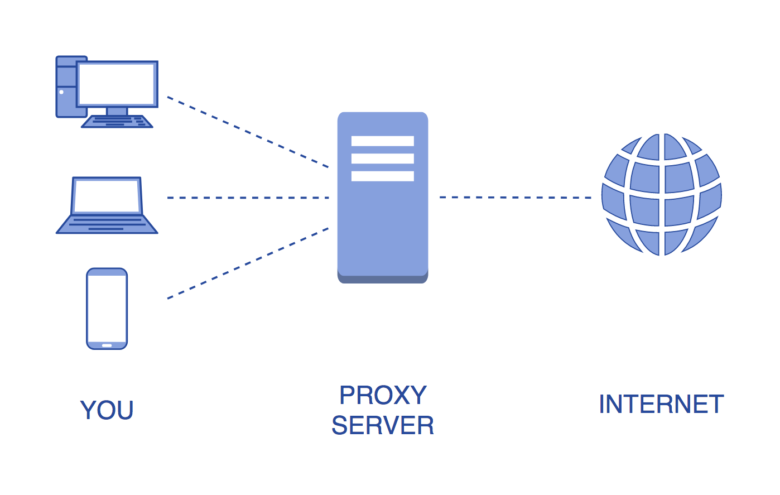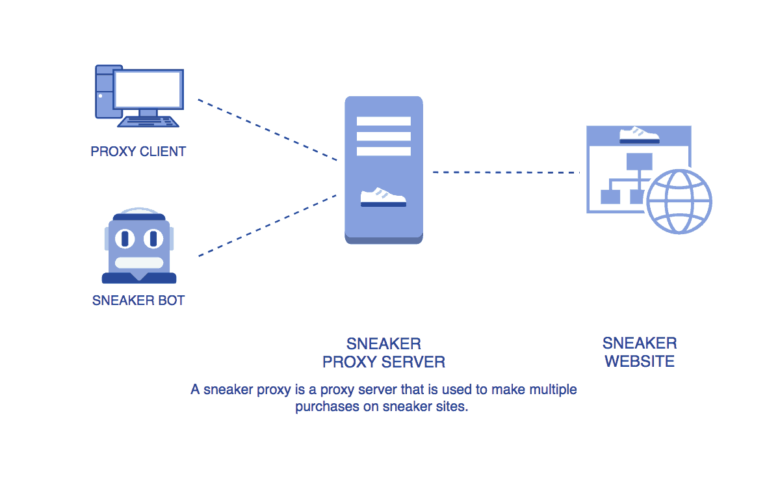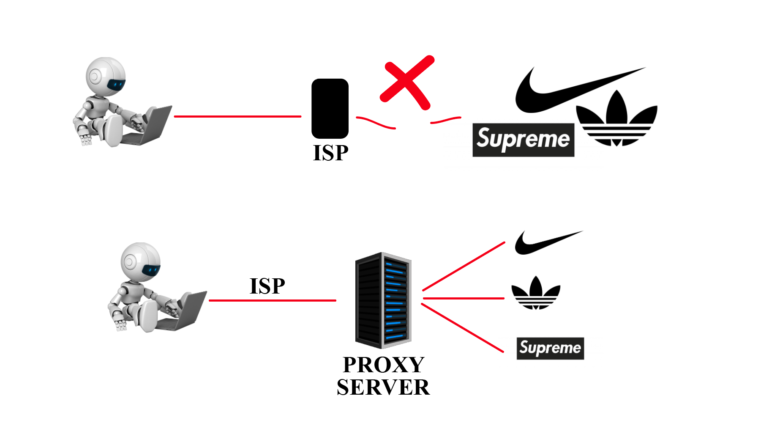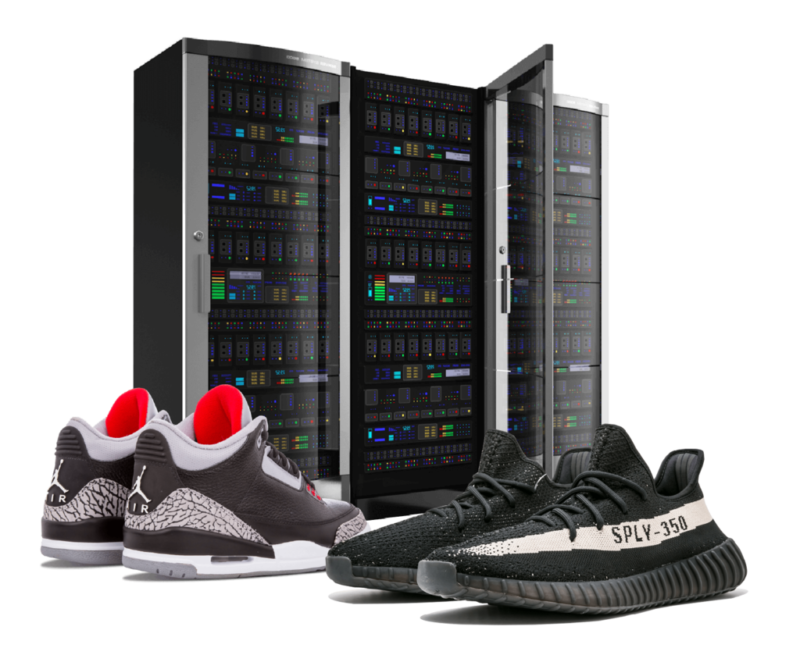Sneaker bot proxies are a dedicated type of proxies designed as an essential tool to optimize shoe bots’ performance. Sneaker bots often get banned by sneaker websites because of their automated bot-like activity. Hence, sneaker proxies are used to disguise your IP address to appear as a real user before an eCommerce server to prevent an IP ban.
For example, if you wish to buy multiple pairs of your favorite limited-edition Air Jordan shoes, you can’t do that because Nike allows only one sale per customer.
Sneaker bots, as explained here, coupled with shoe proxies’ power, help you pose as different customers, each having their own IP address to buy multiple pairs of shoes.
What is a proxy?

A proxy is a server or a device that lets you reroute your existing internet traffic or data using an intermediary server to send and retrieve the results. In simpler words, it acts as a gateway between your internet connection and open worldwide web. All the requests sent from your browser or servers are redirected to the proxy and then sent to the target domain (This could be an eCommerce platform, a search engine, or anything available on the web). In some cases, reverse proxies even act as a firewall, thereby keeping your computer safe from malicious attacks and even IP banning.
What are sneaker proxies?

Sneaker proxies are specialized servers used by shoe lovers to buy multiple pairs of limited-edition shoes from several online stores.
It’s almost impossible for a human to buy multiple pairs of limited-edition Nike, Reebok, Adidas, or other branded shoes from different stores simultaneously without getting blocked. An automated sneaker bot accomplishes this task by sending these requests for you. It can purchase several pairs of branded footwear for you by automating the search, add to cart, and payment completion process.
Sneaker proxies is a hub acting as an intermediary between your system and the internet. These help to mask your real IP address so that sneaker websites cannot track down the IP address sending the requests.
They are different than a VPN as they can run in parallel, basically allowing you to send multiple requests from different IPs from the same Machine (or computer), compared to a VPN where all requests come from the same IP.
Sneaker websites and retailers are restrictive and usually do not allow a single user to buy multiple shoes. Sneaker proxies remove this restriction by masking your IP address with a proxy address and offering you a safe medium for carrying your online transactions.
How are sneaker proxies helpful?

As depict in this Forbes article, you need to be lucky enough to buy a pair of limited-edition shoes in normal circumstances because such a sale has a strict time limit window. The deal goes over within minutes after it starts, and the dream of buying a limited-edition shoe often gets shattered. And it’s not only because millions of people are trying to buy this paid, but numerous resellers are also trying to grab as many pairs as possible and sell it at a profit a few days later.
Imagine if you wish to buy several pairs of such shoes, would it be possible for you to accomplish this task without a sneaker bot? Buying so many pairs of shoes in a limited window and that too without getting your IP address banned is a huge problem. Sneaker proxies solve this problem. They allow automated shoe bots to mask your real IP address and simultaneously add multiple pairs of shoes from several eCommerce stores to stock your sneakers’ collection and
get the best deal.
What are static residential IPs/Proxies?

A static residential proxy is similar to a traditional residential IP proxy, but the only difference is that they do not rotate, allowing you to have a set of residential IP addresses like the ones offered by Geosurf. Users can choose from a pool of legitimate IP addresses for different locations to connect to a website and complete a purchase. They are more expensive than datacenter proxies because they appear as a real user to destination servers.
How are static residential proxies beneficial for sneaker bots?

When you use sneaker bots to buy your favorite shoes from Nike or Adidas website, they might ban you because the server blocks any form of automated activity. The server keeps an eye on the activity of every user using the site. But it is not enough; these websites also check your IP location and the internet service provider (ISP), and if they suspect that the IP is a server, they block the request.
Besides checking the IP address, sneaker websites use specialized software that targets and blocks every IP address where the bot-like activity or user agent is detected. For example, if the IP rotates during the purchase, it looks suspicious.
Hence, even if you are using sneaker bots to target Nike or Adidas website to automate the buying process, they might still ban you from using their site. Static residential proxies solve this problem by having a real IP from a residential location combined with a static IP proxy that maintains the same IP address for a long time. You can choose different locations for your sneaker bot.
Residential IP lets you work simultaneously on separate IP addresses for different locations while still “looking” like a real user from a residential zone, so even if the online domain bans a single IP, all your other IPs remain safe and undetected.
Conclusion

Sneaker proxy hosts several IP addresses with residential “identity” (like the ISP, location of the IP, and how often it is being used). It lets you choose a collection of legitimate IP addresses to pose as a real human before an eCommerce portal. Sneaker proxies help you purchase multiple pairs of limited-edition shoes where generally only a single pair per customer is allowed. Always choose the best sneaker proxy for your shoe bot. Static residential proxies are the preferred ones for this task because they help you get legit IPs that belong to a specific residential area.


